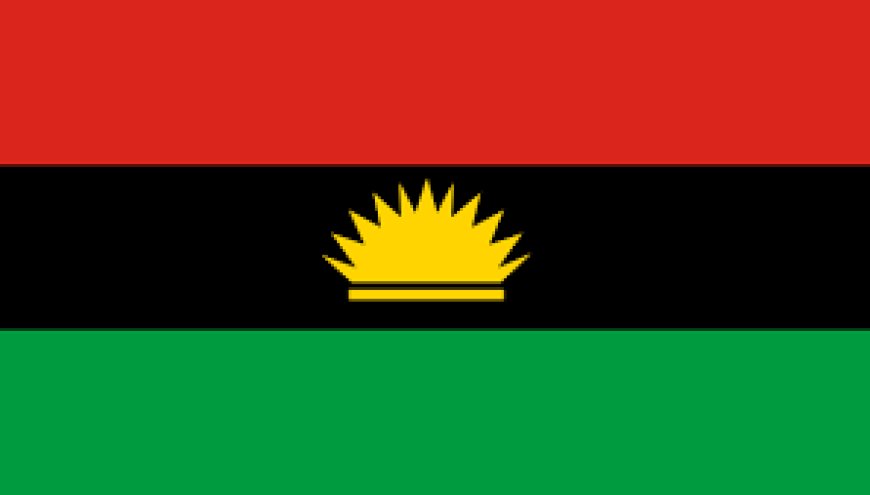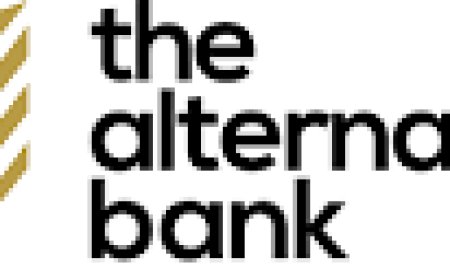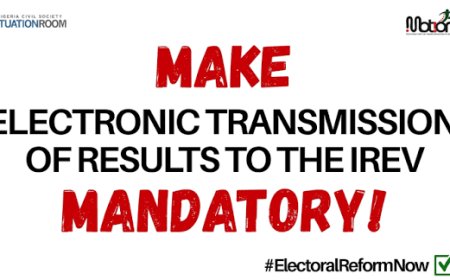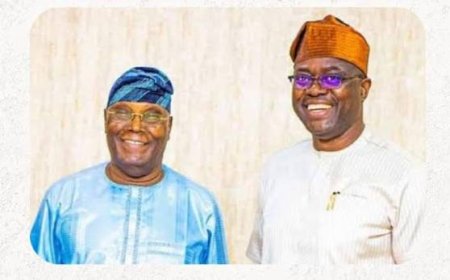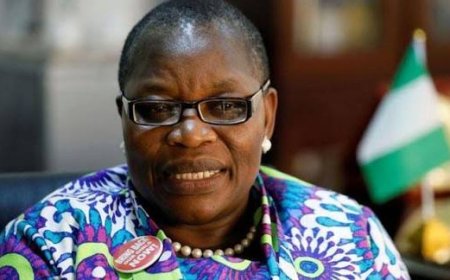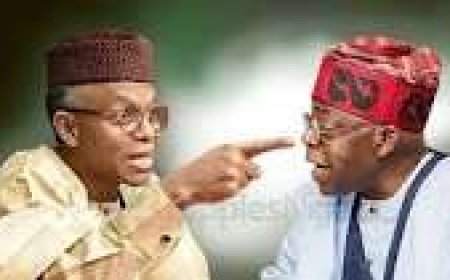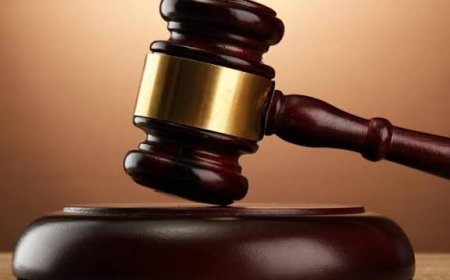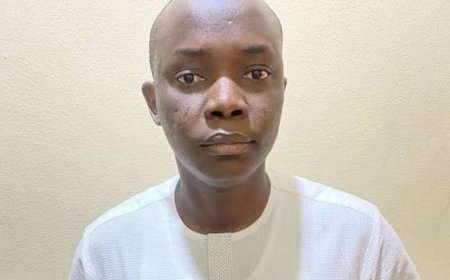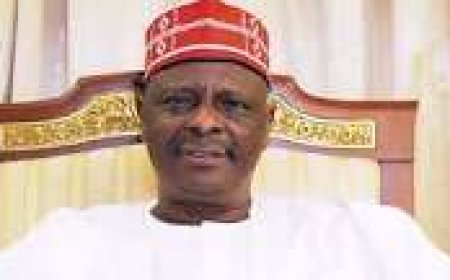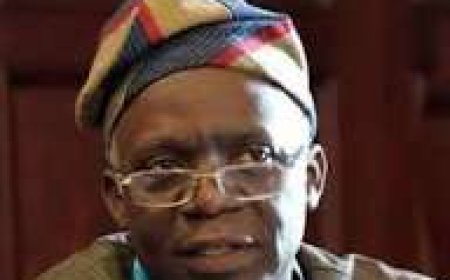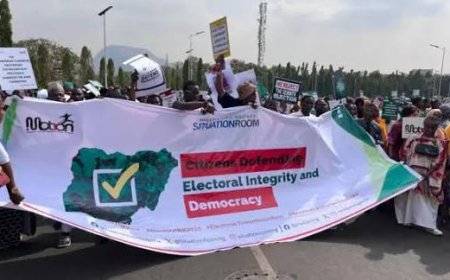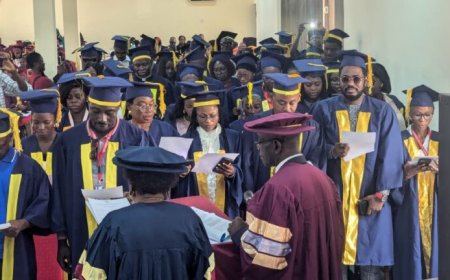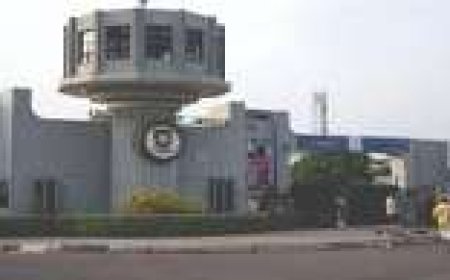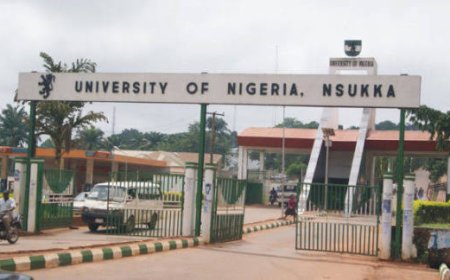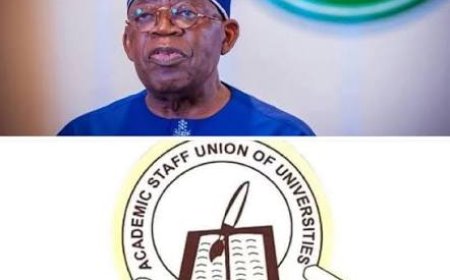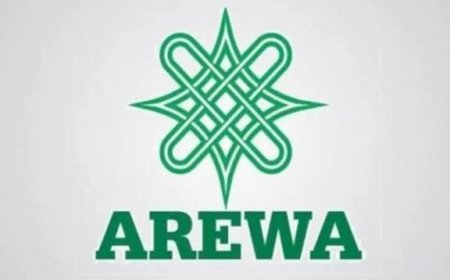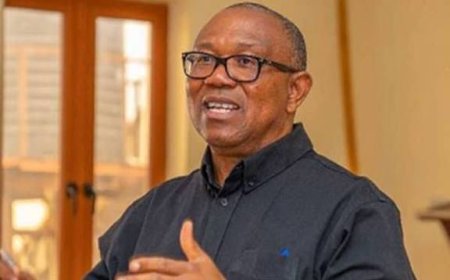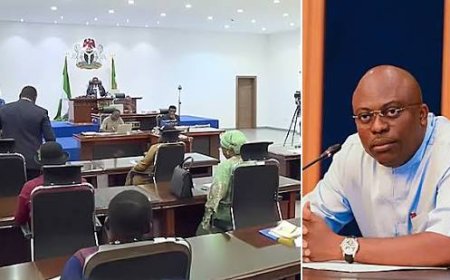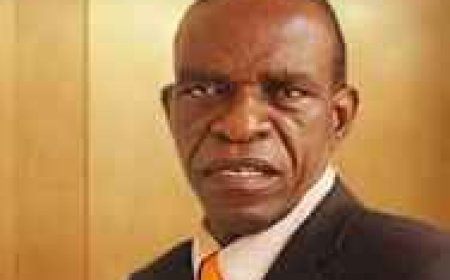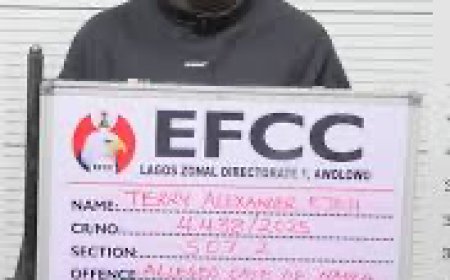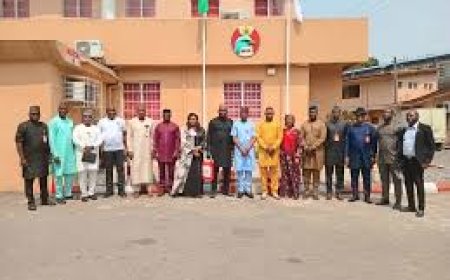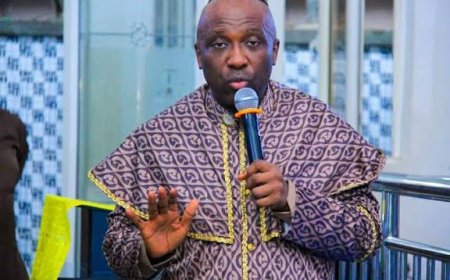The Indigenous People of Biafra, IPOB, has slammed the United Kingdom for supporting the independence of Western Sahara, but opposing Biafra's autonomy.
IPOB spoke in a statement titled, "UK’s Endorsement Of Autonomy For Western Sahara Exposes Hypocrisy In Continued Suppression Of Biafra's Quest For Self- Determination," and signed by Mazi Chukwudifu Ikeazor of the Directorate of Legal Affairs & International Advocacy, Biafra Global Justice Alliance, on Tuesday.
The statement read, "We observe with profound disappointment the latest Joint Communiqué signed in Rabat between the United Kingdom and the Kingdom of Morocco on June 2, 2025, wherein the UK formally expressed support for Morocco’s 2007 autonomy plan for Western Sahara, lauding it as the "most credible, viable and pragmatic" basis for resolving the long-standing regional dispute.
"While we acknowledge the inherent right of all peoples to self-determination—a right enshrined under Article 1 of the United Nations Charter and further reinforced by Article 20 of the African Charter on Human and Peoples’ Rights—we must unequivocally condemn the brazen hypocrisy, selective morality, and enduring colonial double standards of the British government in relation to the Biafran question.
A Tale of Two Nations: Western Sahara and Biafra
"How is it that the United Kingdom, a supposed global champion of democratic values and human rights, can lend its diplomatic and economic support to an autonomy proposal for Western Sahara, yet remain resolutely opposed to even the basic acknowledgment of the legitimate aspirations of the IPOB?
"Why does the UK deem Western Sahara’s autonomy as a “viable” solution to a regional dispute, while concurrently enabling and sponsoring the repression of the Biafran self-determination movement?
"The same principles applied in supporting autonomy for Western Sahara—namely, conflict resolution, regional integration, and respect for the will of a distinct people—apply even more forcefully in the case of Biafra. Yet, Biafrans are criminalized, imprisoned, rendered across borders in violation of international law, and collectively labeled as "terrorists" for daring to articulate the same dream the UK now supports for Western Sahara.
"This contradiction is not merely theoretical—it is deliberate, strategic, and steeped in a dark legacy of imperial calculation.
UK’s Historical and Structural Complicity in Biafra’s Emasculation
"The United Kingdom’s hostility toward the Biafran cause is not new. It is a long and sordid tale of imperial overreach, extractive politics, and geopolitical self-interest. During the 1967–1970 Biafran War, the UK government under Prime Minister Harold Wilson supplied arms, logistics, and intelligence to the Nigerian federal military government, fully aware that this support facilitated the blockade-induced starvation of over two million Biafran civilians—mostly children.
"British diplomats and media deliberately downplayed the genocide, branding it a “civil war,” all in the interest of preserving British oil interests in the Niger Delta.
Biafra’s defeat was not only military—it was epistemic and economic.
"Britain actively discouraged any post-war Biafran reintegration that could have preserved the region’s unique cultural, scientific, and industrial advancements. Decades later, Biafra remains marginalized, its people excluded from national development, and its intellectual leaders subjected to surveillance, arrest, or exile. This is no accident—it is continuity.
What Does the UK Stand to Gain?
"We are left to ask: What does the UK stand to gain by suppressing Biafra’s right to self-determination while championing it elsewhere? The answer lies in the old colonial playbook—divide and rule, exploit and extract.
"Biafra represents a threat not because of violence, but because of excellence. The region is Africa’s intellectual powerhouse, brimming with scientific innovation, entrepreneurial energy, and democratic consciousness.
"A sovereign Biafra would rapidly ascend as a continental leader, thereby challenging the existing economic and political dependency frameworks carefully nurtured by former colonial powers like Britain.
"The Case for Biafra is Stronger Than Ever. Let us be clear: the right to self-determination is not a privilege granted by the UK or any other former colonial power—it is an inherent right guaranteed under customary international law.
"The Biafran nation, with its distinct history, language, identity, and economic capacity, meets every criterion of a people entitled to self-determination. The only obstacle is the deliberate entrenchment of impunity by external actors such as the UK, who continue to profit from Nigeria’s structural dysfunction.
Conclusion and Call to Action
"We therefore call upon:The United Kingdom to end its hypocritical double standards and recognize the equal application of international legal principles to Biafra.
"The United Nations and African Union to investigate the UK's role in systematically repressing the Biafran movement while promoting autonomy elsewhere.
"All freedom-loving people of conscience to resist the revival of colonial oppression under the guise of diplomacy and to support the peaceful, democratic, and legal pursuit of Biafra’s right to self-determination.
"Britain must understand that its timeworn tactics of suppression and subjugation will not stop the march of a people whose eyes are fixed on liberty.
"Just as it now endorses a solution for Western Sahara, it must prepare to answer why it stands against Biafra—Africa’s intellectual soul and spiritual compass.
“Freedom is never voluntarily given by the oppressor; it must be demanded by the oppressed.” – Dr. Martin Luther King Jr."
